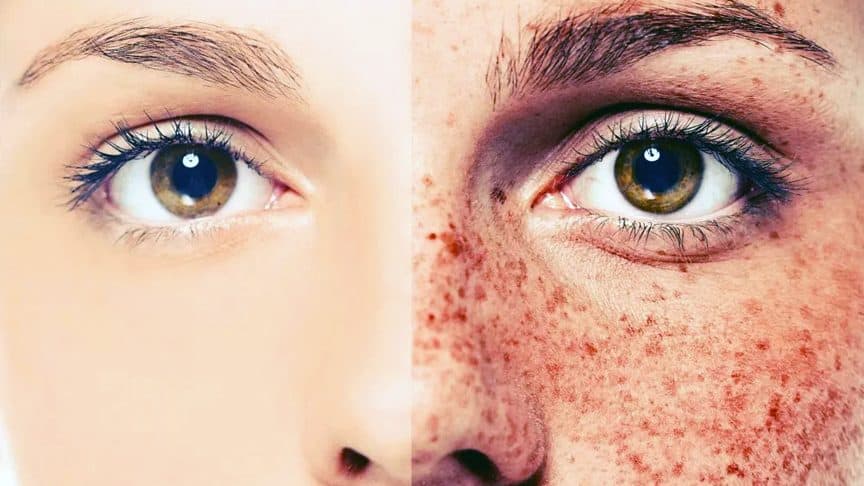Five reasons to always wear sunscreen
Sunscreen was first approved in 1978. Since then sunscreen technology and efficacy has continuously improved. Sunscreen work by preventing harmful ultravoilet rays from burning and ultimately damaging your skin. Accumulative sun damage with poor sun protection ultimately leads to skin cancer.
Sunscreens are graded by way of their SPF (sun protection factor). SPF measures sun protection from harmful UV rays that causes your skin to burn. An SPF 30 means that you can stay in the sun for 30 times longer before sunburn occurs than you could without sun protection. Sunscreens come in different forms. From chemical to physical or mineral sunscreens. Sunscreens are now conveniently combined with moisturizers and cosmetics.
Sunscreen should be applied 30 minutes prior to exposing your skin to the sun and should be applied every 2 hours to ensure maximum sun protection. It is also important to remember to apply sunscreen not just to your face. Sun block should also be applied to your arm, legs, ears, neck, lips and other sun exposed areas of your body.
Sunscreen Benefits
-
- Protects you from harmful UV rays and prevents sunburn
- Decreases your risk of developing skin cancer
- Reduces and slows down the signs pf premature aging including wrinkles, saggy skin and broken capillaries
- Prevents the formation of skin discolouration including red and brown patches and spots
- Improves the health of your skin by preventing degradation of collagen and elastin
What is the best sunscreen?
The best sunscreen should be a physical sunscreen rated SPF30 or higher, offering broad spectrum UVA and UVB protection as well as being water resistant.

At Cerulean Medical Institute we specialize in customized medical grade skin care treatments. Call us on (778) 760-5050 today to book your Skin Care consultation and say hello to a healthier looking you.
Praven Chetty, MD, CCFP, DPD, DAAAM
Medical Director @ Cerulean Medical Institute, Kelowna, BC.
Copyright 2018.






















